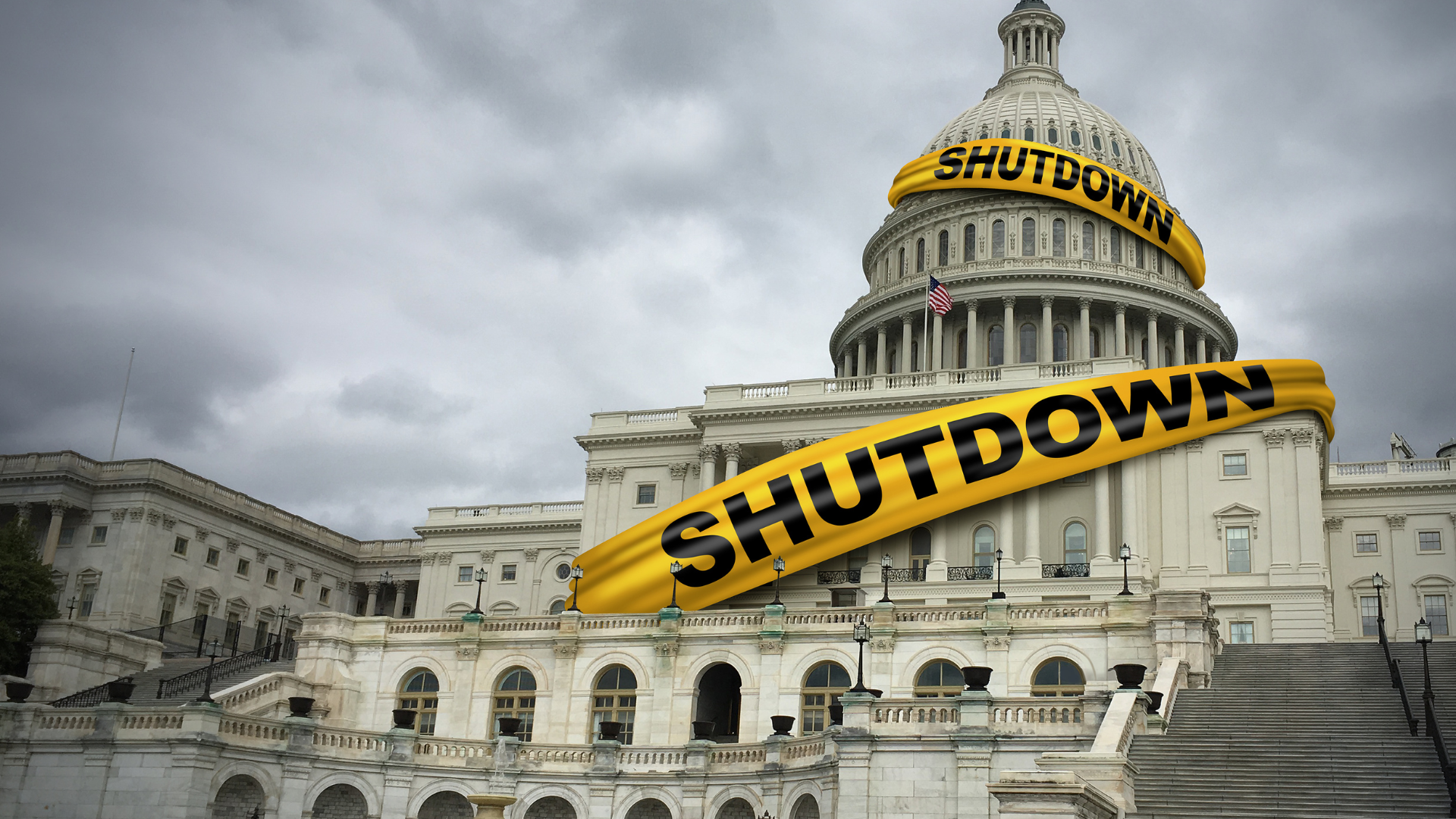2025 Government Shutdown’s Impact on False Claims Act Whistleblower Cases

Table of Contents
The ongoing U.S. federal government shutdown that began on October 1, 2025 is impacting many sectors, including whistleblower cases under the False Claims Act (FCA) and other whistleblower statutes. Whistleblowers under the FCA (also known as “relators”) and their qui tam counsel are facing unique challenges as the Department of Justice (DOJ) grapples with limited resources. Below, we explore how the shutdown has slowed DOJ investigations, forced greater selectivity in cases, and increased reliance on experienced qui tam firms like Brown, LLC. We also offer actionable tips for healthcare fraud whistleblowers and others on navigating these hurdles.
Investigations Grind to a Halt During the Shutdown
When Congress fails to fund the government, many federal operations pause – and FCA investigations are no exception. DOJ attorneys, FBI agents, and agency inspectors general who investigate whistleblower claims are generally prohibited from working during a shutdown, even on a voluntary basis. Jason T. Brown, the head of the whistleblower firm Brown, LLC commented, “Certain government workers are deemed essential, like I was, during the shutdown, which may mean you have the privilege of working without pay for a bit. That takes the wind out of the sails of some workers, but others who are hard chargers will be working, but only on the most critical of matters.”
Speak with the Lawyers at Brown, LLC Today!
Over 100 million in judgments and settlements trials in state and federal courts. We fight for maximum damage and results.
As a result, ongoing sealed FCA cases (which are kept confidential while the government investigates) often grind to a halt until funding is restored. Many courts have already ordered stays in litigation in which the U.S. is a party, which means regardless of whether the case is under seal or not, the litigation timing is delayed. In practical terms, this means a whistleblower case filed with the DOJ’s support may suddenly be frozen in place and time. New qui tam complaints can still be filed in court, while the courts remain open, but government lawyers are largely unable to act on them until the shutdown ends.
Complicating matters, the reverse of the stay some courts do not automatically extend case deadlines for the government. During previous shutdowns, certain judges insisted that DOJ meet scheduling orders despite attorney furloughs. In those instances, DOJ had to make tough choices – including, in a few cases, declining to intervene in promising whistleblower suits simply because no staff were available to work on them. In short, a prolonged shutdown presses “pause” on most False Claims Act investigations and litigation, unless a court deems a particular case essential to national security, safety or is just too big to halt.
DOJ Staff Shortages Force Case Selectivity
Even after the government reopens, shutdowns leave a lasting backlog and bottleneck. DOJ civil enforcement teams return to piles of work and new filings that accumulated during the outage. Most U.S. Attorney’s Offices were already stretched thin, and a funding lapse exacerbates that strain. Notably, “lack of resources” is a leading reason the government declines to join certain whistleblower cases.
Following a shutdown, DOJ lawyers must triage their caseload – focusing on the most urgent and well-supported fraud matters, while pushing other investigations to the back burner. They may move more quickly to decline intervention in borderline or smaller cases, simply because bandwidth to pursue them is limited. Whistleblowers and their counsel could thus see slower progress on their cases, and a higher bar for garnering DOJ’s attention once operations resume.
Whistleblower Attorneys Fill the Void
Amid these challenges, experienced whistleblower attorneys play a critical role in keeping cases alive. An established False Claims Act lawyer can continue investigating and building a case even when government investigators are furloughed. For example, the relator’s legal team can assist by reviewing documents, compiling evidence, and refining legal arguments during the downtime.
This proactive work means that when DOJ comes back online, a stronger case file is ready for them. Indeed, government lawyers are often willing to rely on work done by reputable qui tam firms to jump-start stalled investigations. For example, noted whistleblower law firms like Brown, LLC are often asked by the government to assist with document drafting, document review and other substantive work even while the case is under seal.
DOJ attorneys, facing a post-shutdown pileup, tend to welcome help from relators’ counsel with proven track records. In effect, the shutdown shifts more responsibility onto whistleblower firms to drive cases forward until federal staff can re-engage. Established qui tam attorneys understand how to maintain momentum, coordinating with any parallel state investigations and preparing materials so that no time is wasted once DOJ resources return.
Tips for Whistleblowers During a Government Shutdown
Even in a shutdown, whistleblowers and their counsel are not powerless. Here are steps to ensure your healthcare fraud whistleblower case stays on track:
- Stay Patient, but Proactive: Recognize that federal action is delayed. Use this time to work with your attorney on strengthening the evidence – organize documents, identify key witnesses, and continue gathering facts that support your allegations. By fortifying your case now, you’ll be ready when DOJ attorneys get back to work.
- Leverage State Avenues: Remember that state-level False Claims Act investigations aren’t affected by the federal shutdown. State Attorneys General and Medicaid Fraud Control Units continue operating, so Medicaid fraud aspects of your case or purely state FCA claims can still move forward. Ask your lawyer about engaging state enforcers to sustain momentum where possible.
- Keep In Communication: Maintain regular contact with your whistleblower lawyer throughout the shutdown. They can monitor court deadlines (in case a judge declines to stay your case) and communicate with DOJ liaisons as needed. Promptly inform your counsel of any new developments in the fraud or any retaliatory actions by your employer, so they can be addressed even while federal oversight is on hold.
- Highlight Your Case’s Merits: With DOJ likely to be more selective post-shutdown, it’s important to demonstrate why your case warrants attention. Work with your attorney to quantify the fraud, outline the egregiousness of the wrongdoing, and show you have strong corroborating evidence. A well-documented, substantial case is more likely to be picked up quickly when government investigators return to full capacity.
A federal shutdown does introduce uncertainty and delay into False Claims Act cases. However, by partnering closely with an experienced False Claims Act lawyer, whistleblowers can navigate this period strategically. The government’s anti-fraud efforts may be on a temporary hold, but a solid fraud case built and sustained by a diligent relator and counsel will be poised to move forward as soon as DOJ resumes normal operations.
Veteran whistleblower law firms will continue advancing your case and advocating for you, even if the government’s lights are temporarily off. With patience and preparation, whistleblowers can weather the shutdown and still achieve accountability once enforcement gears up again.

